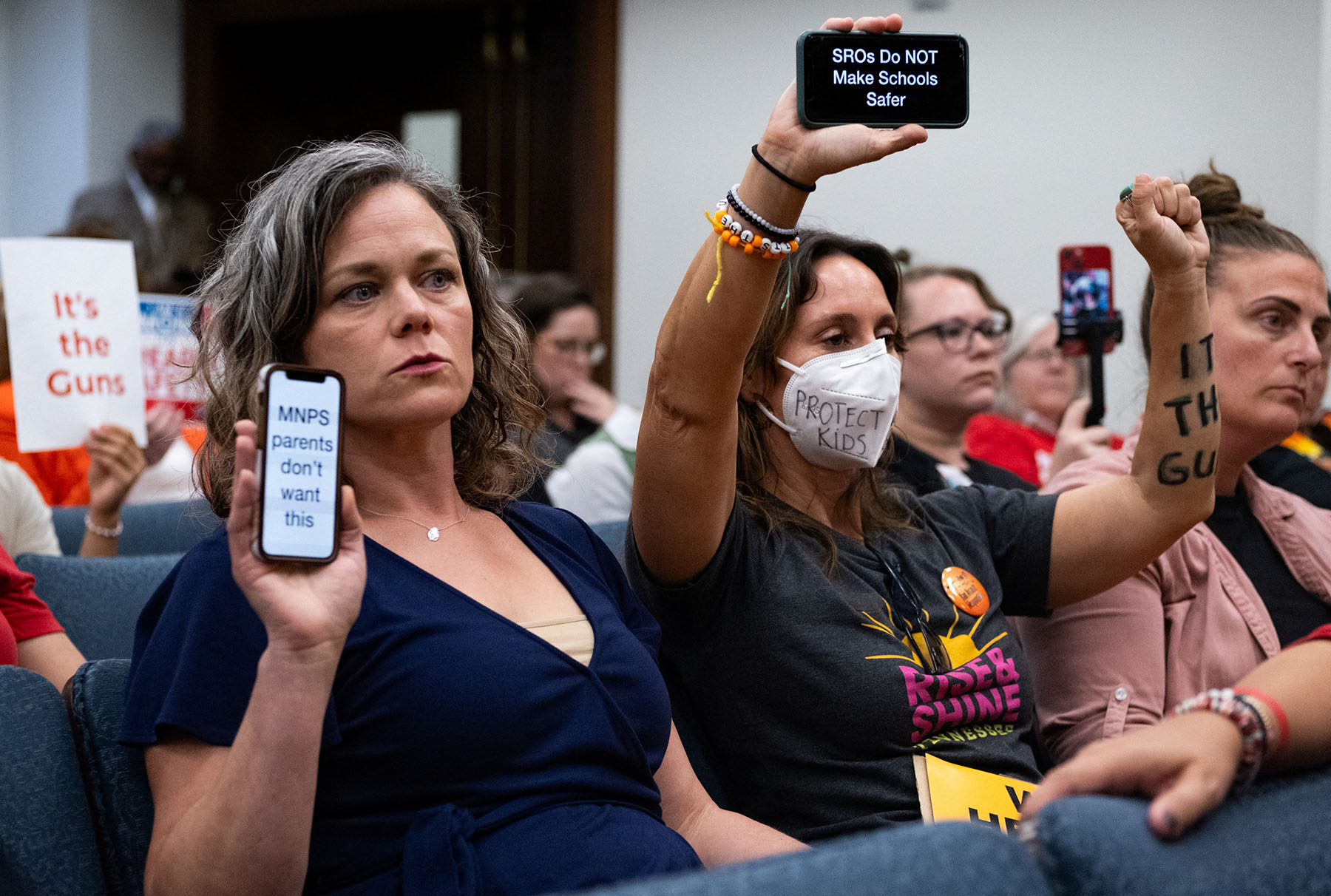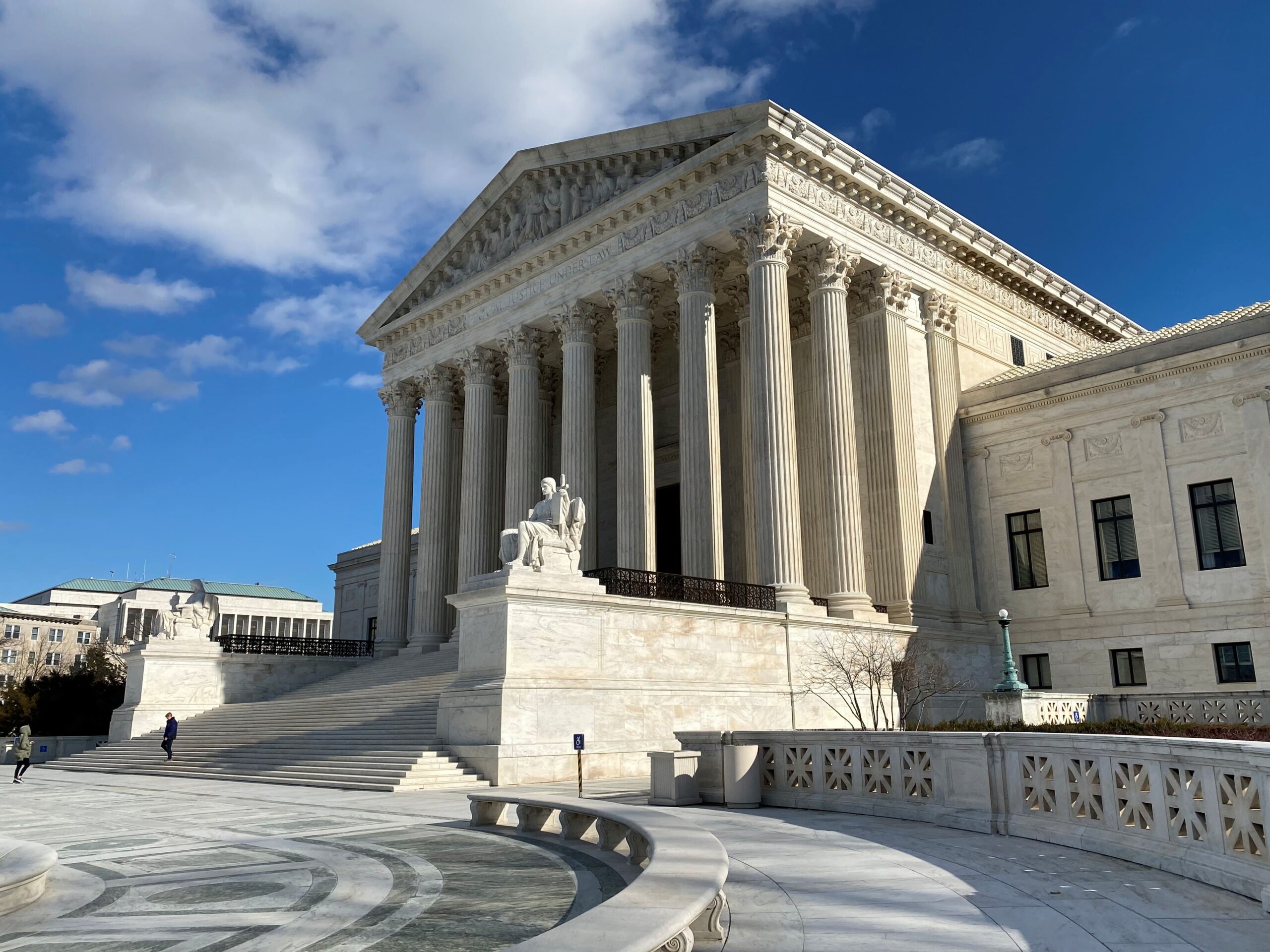A Colorado state senator is being sued for blocking a constituent on social media.
Anne Landman is suing Republican Senator Ray Scott after he banned her from his official Twitter and Facebook accounts two years ago.
“Sen. Scott censored me for being a critical constituent. Yet, he’s allowed his like-minded followers to ridicule me on his page and retain their right to speak freely,” Landman said in a statement. “This doesn’t feel like democracy. This feels like hypocrisy and punishment for having a different point of view.”
At issue in this case, as in similar cases, is whether a public official’s account is a personal one or an official government account. President Trump was sued in 2017 by the Knight First Amendment Institute on behalf of seven individuals who were banned from Trump’s Twitter account. Knight has argued that it is an official government account given how Trump and his aides have “aggressively promoted the @realDonaldTrump account as a key channel for communication between the president and the public.”
With an official government account, the First Amendment prohibits a public official from blocking users on the basis of disagreement with the viewpoint they express.
Landman is being represented by the American Civil Liberties Union (ACLU), which has also filed lawsuits against public officials in Kentucky, Maine, and Maryland who have blocked critics on social media.
“Social media platforms are the new town halls,” said ACLU of Colorado Legal Director, Mark Silverstein in a statement. “Just as we would not tolerate a government agency kicking a concerned citizen out of a public hearing because they disagree with an elected official, the same rules apply on the internet. When an elected official or government agency is using social media to communicate with the public, the government cannot pick and choose who gets to see or comment on that information.”
In May, a federal judge in Manhattan ruled that the President’s Twitter bans were unconstitutional, prompting the Trump administration to appeal that decision. The U.S. Court of Appeals for the 2nd Circuit is currently considering the case.
Tags




